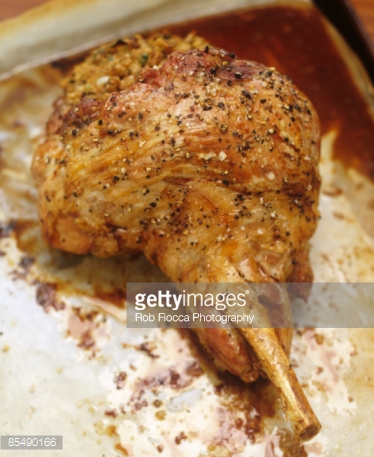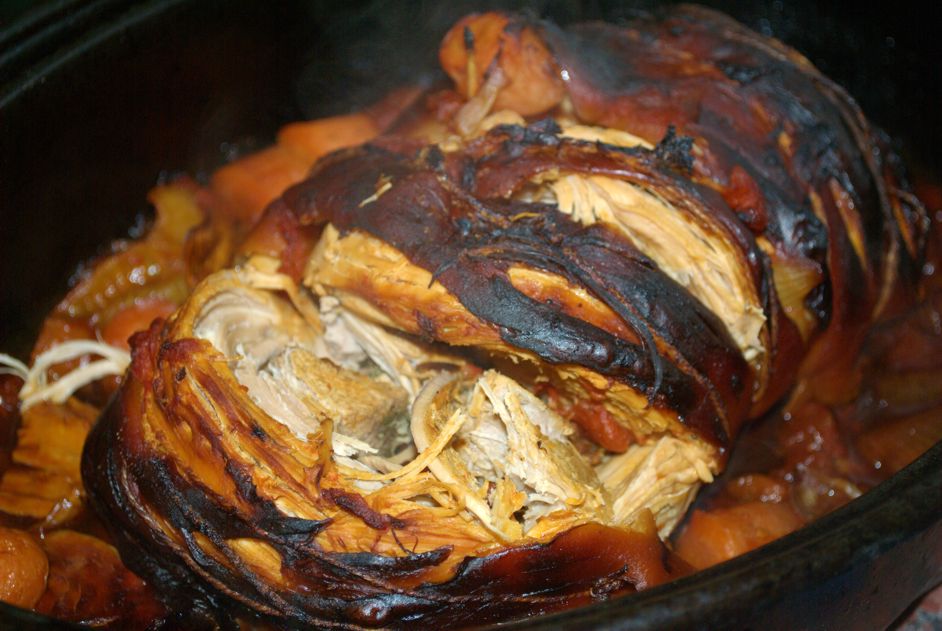
By NAN Staff Writer
News Americas, NEW YORK, NY, Thurs. Dec. 1, 2016: Haiti finally has a new President. Jovenel Moïse won over 595000 votes or 55.7 percent of the total Haiti’s Election Council said late Monday even as protests continued yesterday over the results. So who exactly is Jovenel Moïse? Here are five fast facts on the new Haitian President-elect you should know:
1: Jovenel Moïse was born in Trou-du-Nord, Haiti.
Moïse was born on June 26, 1968 to a middle-class family in Trou-du-Nord, Haiti’s Nord-Est department. He is the son of Etienne Moïse, a merchant, and Lucia Bruno, a seamstress. In July 1974, his family moved to Port-au-Prince, the country’s capital. He is he married to Martine Marie Etienne Joseph.
2: Moïse is an alumnus of Université Quisqueya.
Moïse, 48, is an alum of the private Haitian university, Quisqueya University or Université Quisqueya, which was founded in 1988 in Port-au-Prince. The institution is considered to be Haiti’s leading private university. He studied political science there. Moïse also attended the primary school – the Don Durélin National School, the secondary school – the Lycée Toussaint Louverture and the Cultural Center of the Collège Canado-Haïtien.
3: Moïse is a businessman.
Moïse is a businessman. He opened his first business, JOMAR Auto Parts, in Port-de-Paix, which is still operational today. He also set up a 10-hectare (25-acre) banana plantation in the Nord-Ouest department.
Shortly after, he began a project to provide clean water to rural areas. In 2001, he partnered with Culligan, a company based in Port-au-Prince. With loans from financial institutions and individuals, he opened a water plant serving the Northwest and Northeast Departments. In 2004, Moïse became a member of the Chamber of Commerce and Industry of the Northwest (CCINO). Soon after, he was elected president of CCINO. He later became secretary general of the Chamber of Commerce and Industry of Haiti (CCIH), where he helped increase the representation of the regional Chambers of Commerce within the national organization. In 2008, he helped found the Haitian Energy Company SA, which aims to bring solar and wind power to 10 communes in the Northwest Department. In 2012, in Trou-du-Nord, he founded Agritrans SA and helped create Haiti’s first agricultural free trade zone.
4: Moïse has no previous political experience.
He was handpicked by former President Michel Martelly in 2015, President Michel Martelly as the presidential candidate of the political party Martelly founded, the Haitian Tèt Kale Party (PHTK). Moïse received 32.8 percent of votes in the first round of the 2015 elections held on October 15, 2015, qualifying for a run-off with the second-place finisher, Jude Célestin. After that election was declared a fraud, a second election was called. On Monday, Nov. 28, 2016, Haitian election officials declared him the winner of the new election.
The announcement has sparked tumultuous demonstrations in Port-au-Prince, as losing candidates in the runoff election questioned the integrity of the voting process.
The U.S. Embassy has reported sporadic gunfire and burning tire barricades and warned U.S. citizens in the country to avoid protest areas. The three runners-up, Jude Celestin, Moise Jean-Charles and Ms. Maryse Narcisse have all rejected the election outcome as invalid due to discarded ballots and vowed to fight the results in court. But Moïse thanked the Haitian people for their vote on Twitter, saying the people have made their choice. “Thank you all for your trust. Long live Haiti!,” he tweeted.
5: In his campaign, Moïse promoted bio-ecological agriculture as an economic engine for Haiti.
He also expressed support for policies pursued by Martelly: universal education and health care, energy reform, rule of law, the creation of sustainable jobs, environmental protection, and development of Haiti as a destination for ecotourism and agri-tourism. During the election campaign he was nick-named “Banana Man.” The final results will be handed over to the country’s electoral tribunal where parties can appeal against them before the winner is certified on Dec. 29.








